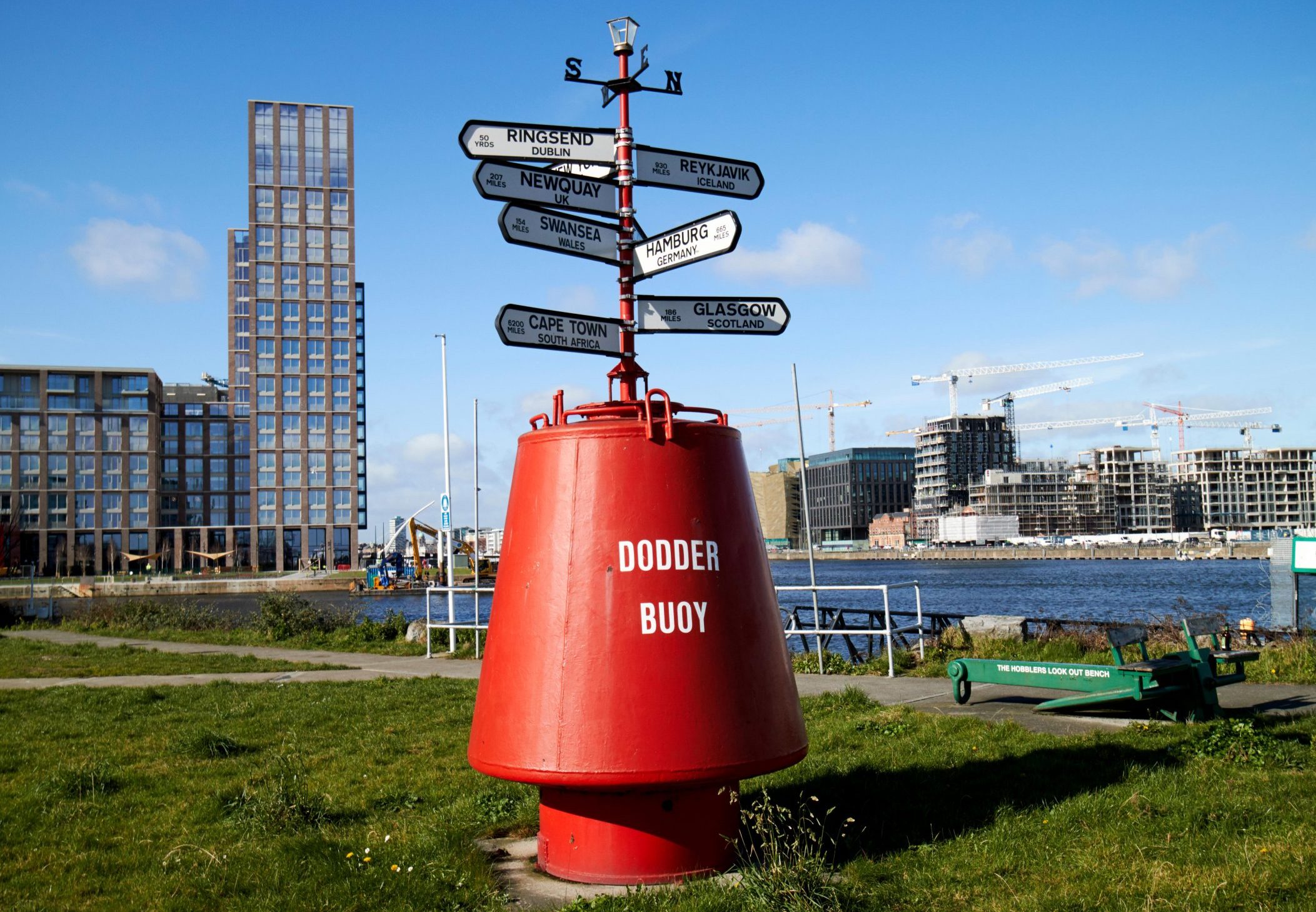Creating a self-sustaining innovation ecosystem in Ireland relies on people: people to build innovative technologies, processes and businesses; people to fund such innovation; and people to conduct this complex orchestra. In my last column, I talked about the difficulty of creating the extraordinary, one-in-a-hundred-million people that produce 99 per cent of the innovation that society needs. In short, if Ireland’s education system is optimised to output mediocrity, we cannot be surprised when this innovation ecosystem does not magically self-form to disrupt the global GDP as Silicon Valley did. There are, however, many ways to skin a cat. It takes at…
Cancel at any time. Are you already a member? Log in here.
Want to read the full story?
Unlock this article – and everything else on The Currency – with an annual membership and receive a free Samsonite Upscape suitcase, retailing at €235, delivered to your door.

